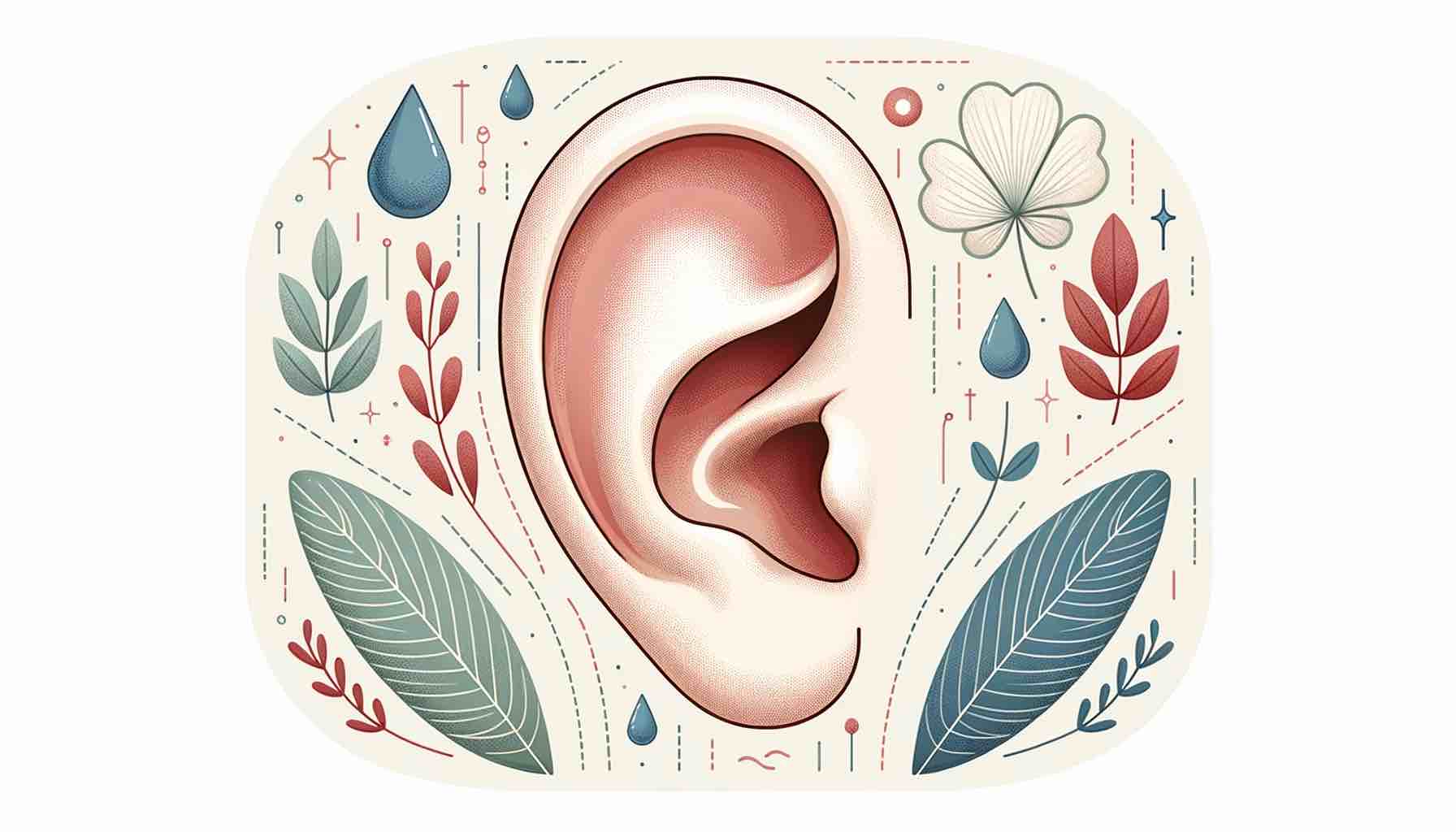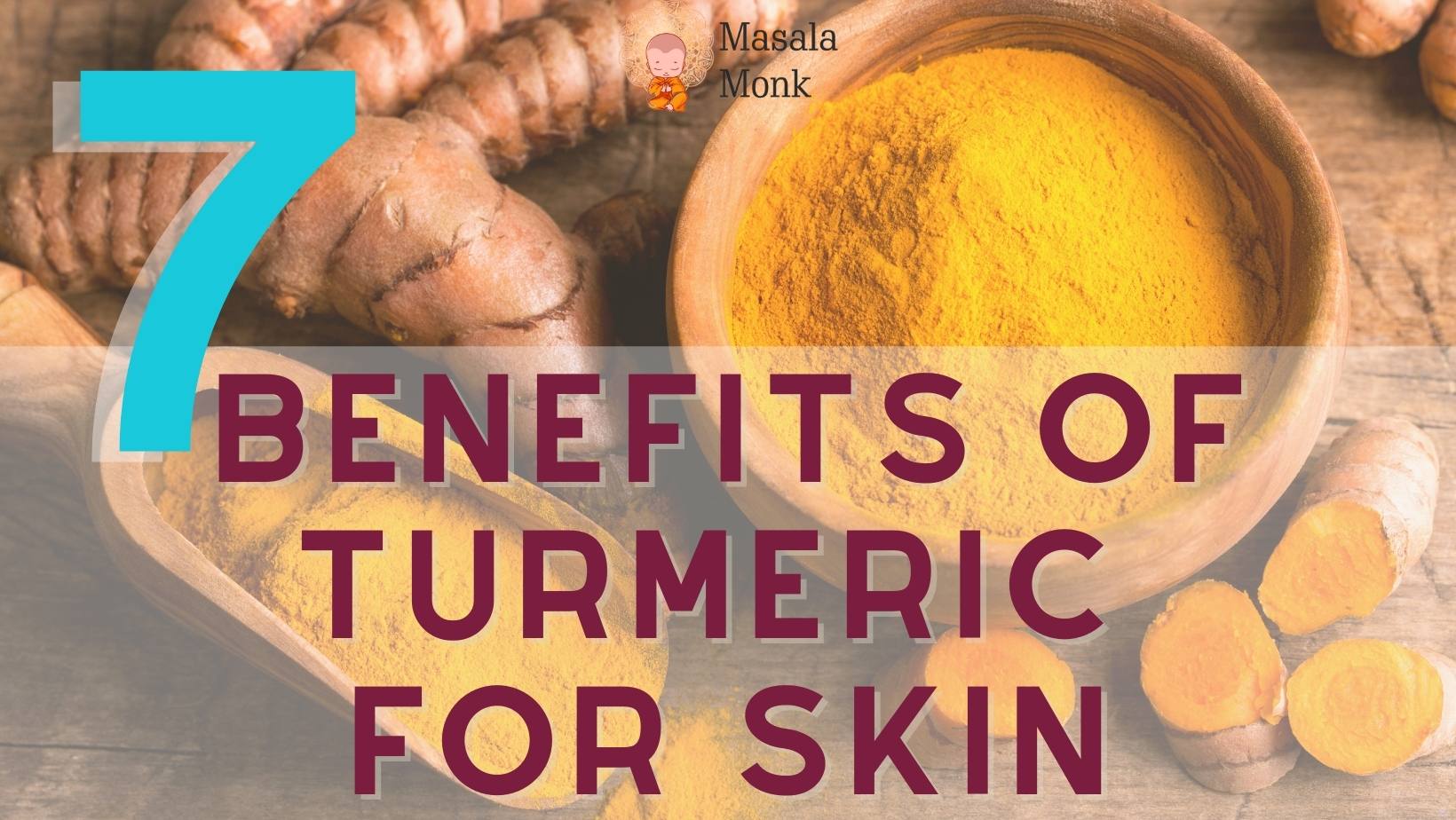
Eczema, a chronic skin condition characterized by inflamed, itchy, and dry skin, can be a relentless nuisance for individuals who experience it. The incessant itch, which often worsens at night, can disrupt sleep and daily activities, thus affecting the quality of life. However, various treatments, creams, and home remedies can provide relief. In this guide, we delve into different measures to alleviate eczema itching, featuring products like Zalim lotion, Bepanthol Sensiderm Eczema Itching Dermatitis Cream, Aveeno itch relief balm, and others, alongside natural and homeopathic remedies.
Eczema and Its Types:
Eczema is a general term for a group of skin conditions that cause the skin to become inflamed, red, itchy, and sometimes develop into blisters or crust over. The most common type is atopic dermatitis, a condition that often occurs in people who have allergies. Other types include contact dermatitis, dyshidrotic eczema, and seborrheic dermatitis, each with unique triggers and symptoms.
Relevant post: Eczema and Dermatitis: Causes and Coping Mechanisms
Over-the-Counter Creams and Lotions:
Zalim Lotion for Eczema:
Zalim lotion is one of the over-the-counter products that claim to provide relief from eczema itching. It contains ingredients known to soothe irritated skin, reduce inflammation, and provide a barrier to prevent further irritation. The lotion can be applied to the affected areas as per the instructions on the packaging.
Bepanthol Sensiderm Eczema Itching Dermatitis Cream 50g:
Bepanthol Sensiderm is a specialized cream formulated to alleviate itching associated with eczema and dermatitis. Its key ingredients work by hydrating the skin, reducing inflammation, and promoting the skin’s natural healing process. This cream can be a part of your daily skincare routine to manage eczema symptoms effectively.
Aveeno Eczema Therapy Itch Relief Balm:
Aveeno is a well-known brand in the skincare industry, and their Eczema Therapy Itch Relief Balm is a testament to their commitment to providing quality skincare solutions. This balm contains colloidal oatmeal, which is known for its soothing and anti-inflammatory properties, making it an excellent choice for individuals with eczema. By applying this balm to the affected areas, you can expect to see a reduction in itching and irritation.
Other Noteworthy Products:
- Cortizone 10 Eczema: An over-the-counter hydrocortisone cream known for its effectiveness in relieving itching and inflammation associated with eczema.
- Neosporin Eczema Essentials Anti-Itch Cream: Provides dual relief by not only treating the itch but also moisturizing the skin to prevent future flare-ups.
- Benadryl Eczema: Benadryl creams and lotions can also provide temporary relief from itching, although they are not a long-term solution.
- Cerave Anti-Itch Eczema: Cerave’s cream is formulated with essential ceramides to restore the skin’s natural barrier while relieving the itchiness caused by eczema.
These creams and lotions can provide much-needed relief from the persistent itchiness associated with eczema. It’s advisable to test a small amount of any new product on a patch of skin to ensure there’s no adverse reaction before applying it to larger or more sensitive areas.
Natural Ways to Relieve Eczema Itching:
Apart from over-the-counter creams and lotions, there are several natural remedies known to alleviate eczema itching. These remedies are often preferred by individuals looking for a more holistic approach to managing their symptoms.
1. Oatmeal Baths:
Oatmeal has natural soothing properties that can relieve itchy skin. An oatmeal bath can provide immediate relief from itching, and regular oatmeal baths can help manage eczema symptoms over time.
Relevant post: Oatmeal Baths: Remedy for Eczema and Dermatitis
2. Coconut Oil:
Coconut oil is known for its moisturizing and anti-inflammatory properties. Applying virgin coconut oil to the affected areas can help reduce eczema symptoms, including itching.
3. Honey:
Honey has natural antibacterial and anti-inflammatory properties that can help manage eczema symptoms. Manuka honey, in particular, is often recommended for skin conditions including eczema.
4. Aloe Vera:
Aloe Vera is a natural moisturizer with anti-inflammatory properties that can soothe irritated skin. Applying aloe vera gel to the affected areas can help alleviate itching and inflammation associated with eczema.
5. Apple Cider Vinegar:
Diluted apple cider vinegar can help balance the skin’s pH levels, which in turn can help reduce eczema symptoms. However, it’s crucial to dilute the vinegar to prevent further irritation.
Homeopathic Remedies for Eczema:
Homeopathy can also offer solutions for eczema sufferers. It’s advisable to consult a homeopathic practitioner to get a tailored treatment plan. Some common homeopathic remedies for eczema and itchy skin include:
1. Sulphur:
Often used for red, itchy, inflamed skin that worsens with warmth and water.
2. Graphites:
Recommended for eczema with thick, oozing discharge.
3. Calendula:
Calendula is known for its healing properties and is often used in creams and lotions for eczema.
4. Rhus Tox:
Commonly used for skin conditions with intense itching that tends to feel better with hot applications.
The Unusual Case of Non-Itchy Eczema:
It’s worth noting that not all types of eczema cause itching. Some individuals may experience non-itchy eczema or dermatitis, which can present a different set of challenges. Identifying the type of eczema and getting a proper diagnosis is crucial for effective treatment.
Relevant post: Dermatitis: The Hidden Irritant
The Night-Time Itch and Eczema:
The phenomenon of eczema itching worsening at night isn’t just an old wives’ tale – it’s backed by science. The body’s cycle of cortisol (an anti-inflammatory hormone) production, the cooling body temperature, and increased blood flow to the skin all contribute to the notorious night-time itch. This can cause distress and disrupt sleep, making the condition even more taxing.
Managing Night-Time Itching:
- Cool, Moist Environment: Keep your sleeping area cool and humid to prevent skin drying.
- Wear Breathable Clothing: Opt for clothing made from natural fibers like cotton.
- Moisturize Before Bed: Apply a good moisturizer to keep your skin hydrated through the night.
- Use Anti-Itch Creams: Apply medicated anti-itch creams to soothe the skin.
- Avoid Irritants: Stay away from known irritants like certain fabrics, soaps, or detergents before bed.
- Relaxation Techniques: Practice relaxation techniques like mindfulness meditation or breathing exercises to reduce stress, which can exacerbate itching.
Gloves for Night-Time Scratching Prevention:
Some people find relief by wearing gloves or mittens at night to prevent scratching. Scratching the itchy skin can lead to infections and worsen the condition, making this a simple yet effective preventative measure.
Medicated Creams and Lotions for Eczema Itching:
1. Corticosteroid Creams:
Topical corticosteroids are among the most common treatments for eczema itching. They work by reducing inflammation and are available in various strengths.
2. Calamine Lotion:
Calamine lotion can provide relief from itching, although it’s a temporary solution.
3. Antihistamine Creams:
Creams containing antihistamines can also help to alleviate itching caused by eczema.
4. Aveeno Eczema Therapy Itch Relief Balm:
This balm is a popular choice among eczema sufferers, known for its soothing and moisturizing properties.
5. Neosporin Eczema Essentials Anti-Itch Cream:
Another favored option, Neosporin’s cream can help prevent the urge to scratch.
6. Benadryl Cream:
Benadryl cream can also provide temporary relief from itching.
Each individual’s skin may react differently to these products, so it’s advisable to patch-test any new product on a small area of skin before full application.
Essential Oils for Eczema Itching:
Some essential oils have properties that can soothe itchy skin. Commonly used essential oils for eczema include:
- Lavender Oil: Known for its anti-inflammatory and antifungal properties.
- Tea Tree Oil: Has antimicrobial and anti-inflammatory benefits.
- Chamomile Oil: Known for its soothing and anti-inflammatory effects.
Always dilute essential oils with a carrier oil before applying them to the skin to avoid irritation.
Conclusion:
Eczema itching can be a relentless issue, but with the right combination of lifestyle modifications, natural remedies, and medicated treatments, it can be managed effectively. Each person’s skin is unique, so what works for one person may not work for another. It’s essential to consult with a healthcare provider to develop a personalized plan to manage your eczema symptoms.
If you have found solace in natural remedies or have a go-to anti-itch cream that works for you, share your experiences in the comments below. Your insights could provide relief for someone else struggling with eczema itch.
Stay tuned for more posts on managing eczema and other skin conditions, and don’t forget to check out our previous posts on Breastfeeding and Eczema, Milk and Eczema, and Foods to Embrace and Avoid for Eczema Relief for more helpful information.
FAQs:
- What causes eczema to itch more at night?
- Several factors contribute to the intensification of itching during the night such as body’s cortisol cycle, cooling body temperature, and increased blood flow to the skin. Creating a soothing environment and maintaining a proper skincare routine can help alleviate the night-time itch.
- Can certain creams or lotions exacerbate eczema itching?
- Yes, some creams or lotions may contain irritants or allergens that can trigger or worsen eczema itching. It’s advisable to choose products specifically formulated for sensitive or eczema-prone skin, and perform a patch test before full application.
- How can essential oils be used for relieving eczema itching?
- Essential oils like lavender or chamomile oil can be diluted with a carrier oil and applied to the skin to help soothe eczema itching. However, ensure to do a patch test to check for any adverse reactions.
- Is it safe to use antihistamine creams for eczema itching?
- Antihistamine creams may provide relief from itching, but it’s essential to follow the instructions on the packaging or consult with a healthcare provider to ensure it’s safe for your skin type and condition.
- What are some lifestyle modifications to help manage eczema itching?
- Lifestyle modifications like wearing breathable clothing, avoiding known irritants, keeping the skin moisturized, and practicing stress-reducing techniques can contribute to managing eczema itching.
- Are there any natural home remedies to quickly relieve eczema itching?
- Natural remedies such as cool compresses, oatmeal baths, and certain essential oils may provide quick relief, but the effectiveness can vary from person to person.
- Why is scratching eczema bad and how can it be avoided?
- Scratching eczema can lead to infections, worsen the condition, and create a vicious itch-scratch cycle. Preventive measures include keeping nails short, wearing gloves at night, and using anti-itch creams.
Blog Tags: Eczema, Itching, Night-Time Itching, Eczema Treatment, Medicated Creams, Essential Oils, Natural Remedies, Anti-Itch Creams, Skincare, Dermatitis












